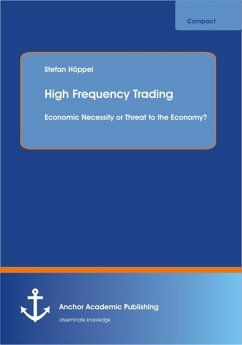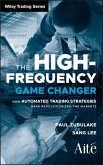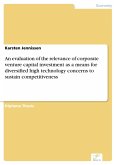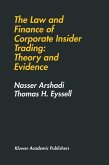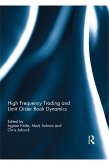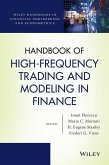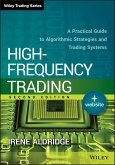In the last four decades, technological progress led to an electrification of stock trading systems. It was realized that the profitability of trading strategies could be increased by employing computer algorithms to trade autonomously. This led to the implementation of High Frequency Trading (HFT). Theoretically HFT should increase efficiency in financial markets but it seems that, at least under certain circumstances, it causes market instability. The aim of this paper is to discuss the effect of HFT on market quality and why HFT cannot be fully explained by the neoclassical theory of economics. Therefore, the controversial positions in literature will be presented and discussed. It is especially referred to the influence of HFT on liquidity, price discovery and volatility. Primarily, its negative effect on volatility seems to contravene the modern finance. Furthermore, in the course of this work it will be illustrated that, by employing strict regulation of financial markets, this negative impact cannot be reduced to a sufficient extent in order for HFT to be characterized as market optimizing, according to the neoclassical theory of economics.
Dieser Download kann aus rechtlichen Gründen nur mit Rechnungsadresse in A, B, BG, CY, CZ, D, DK, EW, E, FIN, F, GR, HR, H, IRL, I, LT, L, LR, M, NL, PL, P, R, S, SLO, SK ausgeliefert werden.
Hinweis: Dieser Artikel kann nur an eine deutsche Lieferadresse ausgeliefert werden.

